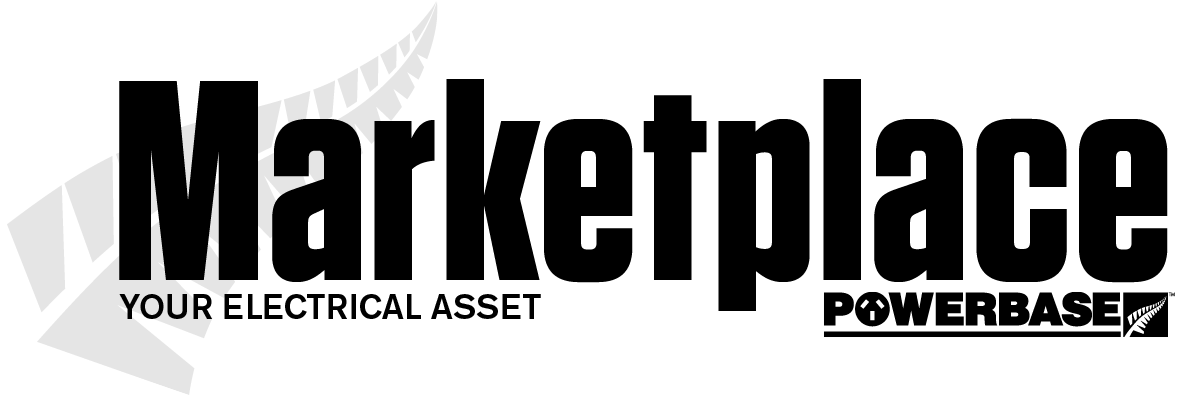A well written employment agreement helps the employee and employer to know what is expected from them and what they’re entitled to.
This means misunderstandings are less likely to happen and if a problem does come up then the employee and employer can go to the employment agreement to clarify things.
30-day rule for new employees.
For the first 30 days, new employees must be employed under terms consistent with the collective agreement, where there is a collective agreement in place. An employee and employer may agree on additional terms that are more favourable than the terms specified in the collective agreement.
After the 30-day period expires, if the employee has not become a member of the union then the employee and employer are free to negotiate and agree on different terms and conditions in the individual employment agreement.
Every employee must have a written employment agreement.
• An employer must provide an employee with a copy of their individual employment agreement.
• Failure to ensure the employment agreement is in writing may result in a fine of $1,000 per employee.
• The employment agreement can be either an individual agreement or a collective agreement. If there’s a relevant collective agreement, employers must provide an employee with the Form for new employees to indicate if they intend to join a union [PDF 264KB] within first 10 days of the employee starting their new job.
• The type of employment agreement an employee is on may depend on whether or not they are in a union. It is the employee’s choice whether they join a union, and an employer can’t unduly influence their choice. If an employee chooses to join a union, they will be covered by the relevant collective agreement, if there is one.
• An individual employment agreement should be signed by the employer and employee, although it can still be valid even if it isn’t. For example, when there is verbal or written acceptance. Electronic signatures, if agreed between the employer and employee, are acceptable to meet this requirement.
• There are some things that must be in your employment agreement and other things that are usually in employment agreements but don’t have to be, such as your notice period.
• Minimum rights (such as the minimum wage and annual holidays) are legal requirements and apply even if they’re not in the employment agreement. Your employment agreement can’t reduce these or trade them off for other things.
Employers are required to keep a copy of the employment agreement (or the current signed terms and conditions of employment). The employer must keep an ‘intended agreement’ even if the employee hasn’t signed it. Employees are entitled to a copy of their agreement on request.
To read more click here


